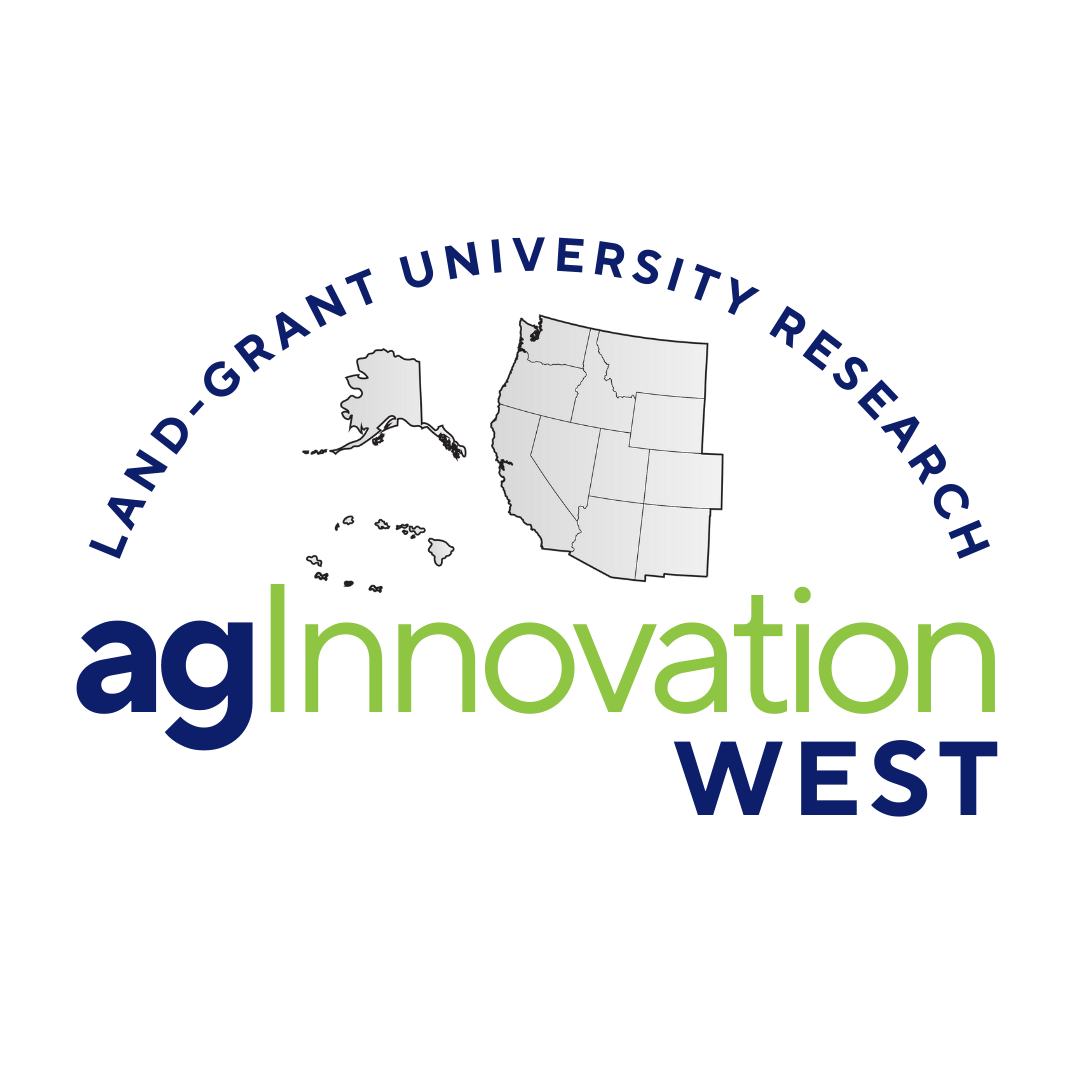
WCC93: Western Region Soil Survey and Inventory
(Multistate Research Coordinating Committee and Information Exchange Group)
Status: Inactive/Terminating
WCC93: Western Region Soil Survey and Inventory
Duration: 10/01/1999 to 09/30/2004
Administrative Advisor(s):
NIFA Reps:
Non-Technical Summary
Statement of Issues and Justification
The National Cooperative Soil Survey (NCSS) is a federal and state partnership charged with the survey and inventory of soil resources in the United States and its territories. All surveys conducted under NCSS must adhere to strict standards of quality and scope. Federal cooperators include personnel from the USDA Natural Resources Conservation Service, USDA Forest Service, USDI Bureau of Land Management, National Biological Research, National Park Service, and the US military services. State cooperators include soil scientists primarily from Agricultural Experiment Stations involved in soil survey and pedological research (soil genesis, classification, morphology, interpretation, and mineralogy), but may include state agencies involved in natural resource management. Soil scientists from the private sector have increased their participation in NCSS activities as well. Historically, Experiment Station cooperators have been involved in almost all aspects of soil survey. Currently, Experiment Stations are subject to static or reduced funding, increasing demands for research productivity, and obtaining external grant funds, while still committed to providing quality soil survey, interpretations, and research assistance to the NCSS. At the same time, federal agencies involved in NCSS are subject to limited funds, organizational restructuring, and a changing clientele demanding new surveys and expanded data interpretation oriented toward ecosystem management and environmental quality. The Western Coordinating Committee-93 and its predecessor, WRCC-30, have provided opportunity for western Experiment Station cooperators to meet with leaders of the NCSS in the western region and coordinate regional activities consistent with the goals of NCSS. Because of changing demands on all NCSS cooperators, WCC-93 continues to be essential for providing opportunity for Experiment Station personnel to be actively involved in planning of NCSS activities and coordination of research to support NCSS programs. Soils and ecosystems in the western region are distinct from other regions, encompassing high altitude and high latitude, volcanic, arid/semiarid, and cold soils and ecosystems. Development of successful survey, inventory, and management strategies requires research conducted specifically in ecosystems unique to this region. Many of these ecosystems occur on lands managed by cooperators in NCSS, primarily the Forest Service, Bureau of Land Management, National Park Service, and the military services. These cooperators have become increasing active in their participation in the NCSS, especially the NPs and military. In many cases, the needs for soil survey information on these lands is quite different from the needs of resource conservation districts whose primary focus is on agricultural production systems. Coordination of research consistent with NCSS goals must be expanded to include the full range of cooperators. Coordination of research activities via WCC-93 is essential for Experiment Station cooperators to fulfill their commitments to NCSS in the west. Because each western state Experiment Station has so few personnel actively involved in soil survey, and the distances between personnel are so great, it is critical that this committee be renewed to provide continued opportunities for regional coordination of activities related to soil survey.�
Objectives
-
To develop more effective mechanisms for direct input from the Experiment Stations into the National Cooperative Soil Survey (NCSS).
-
To coordinate pedologic research activities in soils and ecosystems of the western region (including properties and processes of volcanic soils; influence of soil and weathered rock on water quality and supply; the role of soils in understanding the history, function, and degradation of arid, semiarid, and high elevation and high latitude ecosystems; and the use of soil survey information for land management), with emphasis on activities that benefit NCSS goals of soil survey and ecosystem management.
-
To identify and directly involve all NCSS cooperators in western regional research related to soil survey and ecosystem management, especially NCSS cooperators from USDA Forest Service USDI Bureau of Land Management, National Park Service, the military services, state agencies, and the private sector.
-
To continue representation of Experiment Station pedologists in the National Cooperative Soil Survey at regional and national work planning conferences.
-
�
Procedures and Activities
Expected Outcomes and Impacts
- Research programs that facilitate the survey, inventory, and management of soils and ecosystems unique to the western region will be coordinated. Research on critical ecosystems and specific geographic areas will be identified and prioritized. Involvement in NCSS via participation in regional and national soil survey work planning conferences will continue. Cooperators from federal and state agencies and the private sector will be identified for potential research collaboration. Comparison of NCSS goals and cooperator resources in the western region will lead to more efficient use of NCSS personnel in soil survey, inventory, management, and research activities."�
Projected Participation
View Appendix E: ParticipationEducational Plan
Participation of WCC-93 members at regional and national work planning conferences in strategic committees and in technology transfer will result in education of NCSS cooperators. Strategies and joint research will be published in regional newsletters (e.g., Pedon News, published by the Bureau of Land Management) and other publication outlets.
Organization/Governance
The secretary of the committee is selected by the participants at the biennial regional NCSS meeting. After serving a two-year term as secretary, the secretary moves into the committee chair position. Committee members rotate through the chair and secretary, insuring full regional representation. Regional representatives to national NCSS committees (e.g., Soil Survey Standards Committee, National Soil Survey Laboratory Committee) are selected by committee participants at annual or biannual meetings as necessary. The chair is responsible for organizing and presiding over each meeting. The secretary records minutes of the meetings, updates information on all participants, and collects reports from individual participants for inclusion with the minutes and evaluation report to the Western Association of Agricultural Experiment Station Directors. Meetings are held in even years in conjunction with the regional soil survey conference. During odd years, the WCC-93 meeting is held in conjunction with the Western Society of Soil Science.
Literature Cited
�